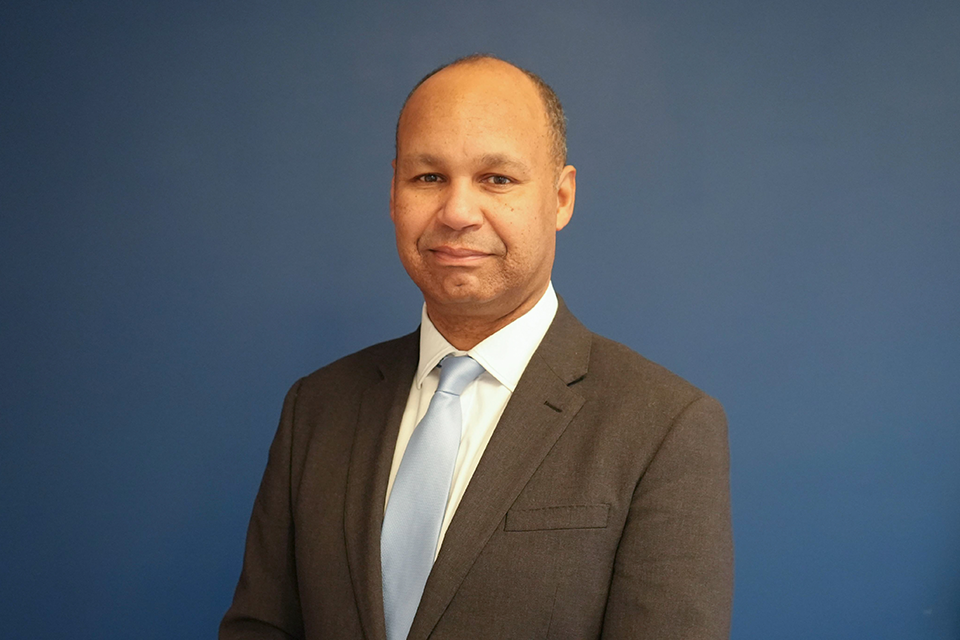Education is fundamental to building peace and security
Statement by James Kariuki at the Arria Meeting on the Protection of Education in Conflict

Thank you Madam Chair, and on behalf of the United Kingdom, I would like to start by thanking HRH Crown Prince Haakon and the other briefers today, in particular Paola and the girls in the video. I would also like to congratulate Niger and Norway on the adoption of Security Council resolution 2601, which we were pleased to co-sponsor, and which reaffirms the fundamental contribution education makes to building peace and security.
The United Kingdom recognises the obstacles to children’s education extend beyond physical attacks on schools, and can include insecurity in and around schools and displacement of children. To this end, we are proud to be a founding member of the Education Cannot Wait initiative.
Between 2017 and 2020, Education Cannot Wait supported over 4.5 million children to access education across 33 crisis and conflict affected countries. We have committed $120m between 2019 and 2023 to support its work, which has real world impact. In Syria for example, 4,500 teaching staff were trained to work in emergency settings between 2019 and 2020 with Education Cannot Wait’s support.
The United Kingdom is also the largest donor to the Global Partnership for Education, which has supported 39 million girls living through conflict and crises to attend school over the last decade.
We are proud to have endorsed the Safe Schools Declaration and we encourage other member states to join us in that commitment.
I would like to highlight three key actions needed to strengthen the protection of education in conflict.
First, allegations of violations of applicable national and international law must be fully investigated, and, where appropriate, perpetrators must be duly prosecuted.
Second, governments, donors and humanitarian agencies must work together to ensure the provision of safe learning spaces and quality educational services for children whose education is disrupted by conflict, including children who are refugees and internally displaced.
And third, in post-conflict and peacebuilding environments, education must not be denied to any children. In that regard, I join colleagues in calling on the Taliban to ensure that Afghan girls of all ages will be able to attend school.
Madam Chair, I look forward to working with Norway, Niger and our international partners and institutions to fulfil the promise of resolution 2601. Thank you.